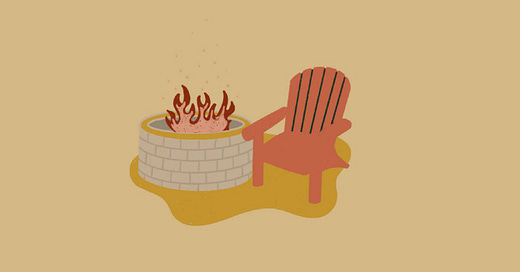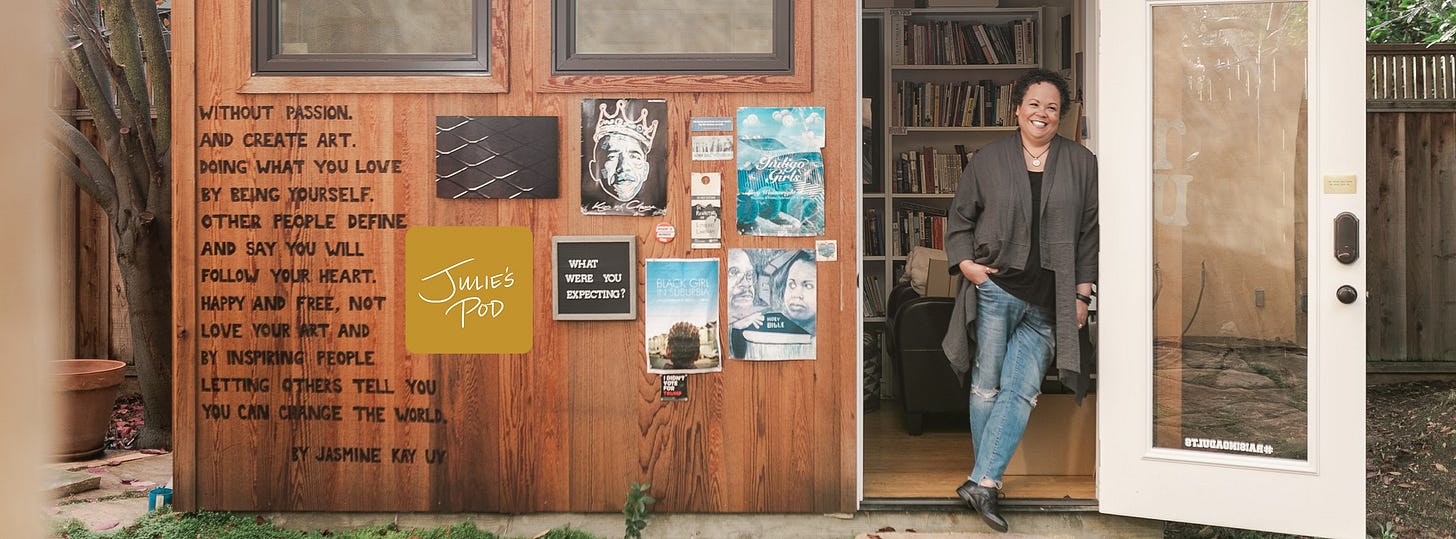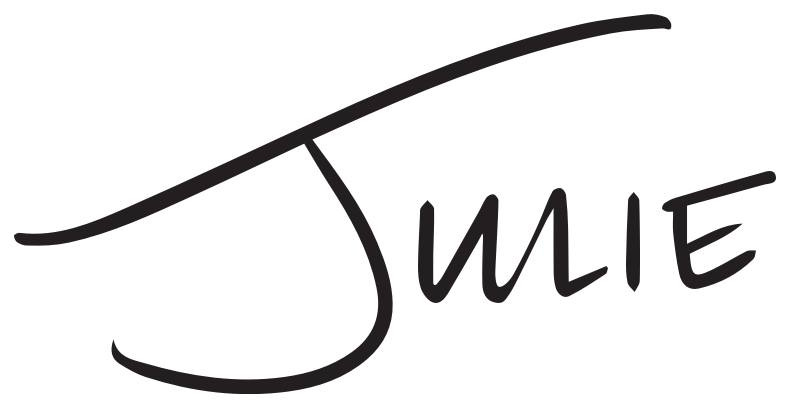It is 2004. It's a winter night in Silicon Valley and it's pouring with rain. I am standing at a podium, midway through a keynote speech. The auditorium is so dark that I cannot see a single member of the audience. But I know that over five hundred people are out there. I blink into the spotlight. I am about to reveal something I've never spoken of publicly. I am thirty-six-years-old. It's something I fear could impugn the very credibility I've been working so hard to build. I'm not even sure that I should do this. But something inside of me is telling me that I have to.
"Eighteen years ago, I was eighteen just like you." I declare. "I came 2000 miles to go to Stanford and planned to become a broadcast journalist so I signed up for Communications 101 as my elective. Eighteen Januarys ago, I opened the envelope containing my first set of grades. At the bottom of the page was my GPA–2.0–derived from a B in Introductory Humanities, a C in Calculus, and in the class that I'd hoped would be a springboard to the career of my dreams, Communications, I'd earned a D. Although I stand before you now as your dean, I was a tenth of a point from academic probation when I sat where you now sit."
Brené Brown is the leading authority on the tremendous impact we unleash by being vulnerable, speaking about our imperfections, and even copping to our shame. At the podium that night in 2004 I didn't yet know of Brené Brown's work. But I already knew from lived experience that opening up about our shit can help other humans feel less ashamed about theirs, which was my goal that evening with my freshmen.
The spotlight is bright and hot. I keep going. "I mean, I'd seen it coming," I told them. "I'd seen the red pen scrawled across my papers and gotten the dismal midterm results. Going into finals week I could tell that things were not going to be good. But I couldn't bring myself to be the face of that terrible work, so I couldn't ask my professors, TAs, or anyone else for help." I pause. "I'm not saying that this is going to happen to you, or implying that it already has. I'm just saying that if it does happen to you, at any time while you are here, don't do what I did. Don't shrink, whither, and hide. Should this happen to you, come find us. We exist to help you."
As my words leave my mouth I now feel a palpable terror in my chest. As right and true as I know this advice to be, I am new in this role as freshman dean on a very elite campus and have just outed myself to students and colleagues alike about having had some significant academic stumbles back in the day. In trying to give struggling students a roadmap to a place of safety, I fear I may now be a little too seen–a little unsafe, even–myself.
See, what I did not yet know at the podium that rainy night was that opening up about my shit could not only potentially help my students (my intention) but could help me too. In Braving the Wilderness Brené Brown quotes the actor Viola Davis as saying, "This is who I am. This is where I am from. This is my mess. This is what it means to belong to myself." And because these declarations release us from the shame of our shit, Brené urges us all to get to this place. Belonging to oneself as Viola Davis puts it may sound a bit woo-woo to you. But I'm here in 2021 to tell you that it.is.everything. When you belong to yourself, well, you belong everywhere because you take that self with you wherever you go. And to belong to yourself you've got to know your shit backwards and forwards and be able to say, Yup, that shit is mine.
In the days, weeks, and months following giving that speech, I would turn out to be okay. I'd feel more respected, not less. I'd become more relatable. I would tell that story year after year after year, and after a few years of doing it, the shame of the bad grades got kneaded right out of me. And, each year, in the days and weeks following that January talk a dozen or students would make their way toward me. They'd sit in my office with their heads in their hands, then look up at me and ask how I turned things around when I was in their shoes. It was humbling to try to be useful to these younger humans. To offer a bit of a salve for their wound. It was also a joy.
Humans have taught humans how to be human ever since humans have been human–by telling stories. I know this truth so deep in my bones that I decided to fill my newest book Your Turn: How to Be an Adult largely with the stories of three dozen other humans who showed bravery and grace as they opened up with me over hours of interviews on the telephone. They told me their shit and I wrote it down and now it exists in the pages of a book where it can help others. Some of my own stories are in there, too. On Monday night (October 4) from 5:30-7pmPDT many of these incredible storytellers in Your Turn will be joining me on Zoom to share updates and take audience questions. If this calls to you, I hope you'll join us.
I get invited to tell my stories on a lot of podcasts and occasionally one will take me to places I don't normally go. I love it when that happens because each time I end up learning more about myself, what I need to work on, and what I can feel good about. One such experience happened a few weeks back when I was in a remarkably vulnerable conversation with Natalie Bedard of the LiftOneself podcast which is produced in Canada.
Natalie's opening question was "How's Your Heart Doing?" I didn't know whether she was asking about my literal heart or my feelings because I'd actually had a concern about my heart back in early 2021 and I wasn't sure if she knew? Next thing I know I'm telling her about the chest and shoulder pain I felt over the holidays that I diligently ignored, about having ignored the chest and shoulder pain because I didn't want the doctor to shame me for my weight which first happened when I was twenty and in college, about waking up in the middle of the night on January 3 feeling like I was having a heart attack, about my heart being fine but panic being the culprit that overtook me that night, about the pain in my body being about the state of America.
As I write this for you today, I can see that my fear of going to my doctor in January 2021 was the same kind of fear that kept me from seeking advice from my faculty over my dismal academic performance in January of 1986. In the podcast Natalie opines that maybe I feel that I can't ask for help because these things seem to be problems of my own making. Then Natalie drops this truth bomb: "Our thoughts have such an impact on our body."
Despite Natalie being a complete stranger to me, and Canadian at that :) we get incredibly open and clear with one another as if all of the oughts and should's are nowhere in sight. So, if you feel like settling in for some story, if you want to maybe pretend you're here in an Adirondack chair with me at the fire pit in my backyard and you're interested in getting to know each another more deeply (see cover art)... take a listen.
And then of course if we were together in the chairs by my fire pit, I'd be curious about you. So, if you're willing to open up a bit, please consider and respond to the following prompts:
Can you think of a time when someone opened up and got vulnerable and it made you admire them more? Without violating that person's privacy, tell us what they shared and what made you admire them for it.
Share a moment when you were vulnerable about something you experienced, felt, or did. Why did you open up? What happened next? How did you feel afterward?
How do you think you can help others be vulnerable?
You can comment wherever you are reading this, and if you don't feel comfortable commenting in public, then call my free confidential voicemail line: 1-877-HI-JULIE and leave me a message. I periodically summarize these calls live on Facebook as I will be doing this Monday (October 4) at noon Pacific on my Facebook page.
Don't forget that more good storytelling will happen on October 4 (5:30-7pm PDT) when I'll be in conversation with the fierce and brave storytellers from my new book Your Turn. I hope you'll join us for that free event if you'd like some inspiration for yourself, or for someone you love, about how to live your best adult life.
Here's to your being vulnerable with more humans, and in so doing giving less power to your insecurities, fears, and shame! If you're reading this on social media instead of in your email inbox, please subscribe to Julie's Pod (it's free) by clicking the link at the top or bottom of this page to be sure you see the next installment and get a chance to participate in the conversation going forward.
For more on me, check out my website where you can learn more about my books and other things I do. And connect with me everywhere social media is happening @jlythcotthaims. If you'd like a nifty Julie's Pod sticker for your laptop, phone, or journal (they're free!) just message me your name and snail mail address. (If you're not on social media just email it to me: me@lythcott-haims.com.)
*Disclaimer: I am not a physician, psychologist, or counselor, nor am I licensed to offer therapy or medical advice of any kind. What you get from me is a fellow human with a lot of thoughts and opinions based solely on my lived experience. Please call 911 or the National Suicide Prevention Line (800-273-8255) if you are having an emergency or are in crisis.
© 2021 Love Over Time LLC All Rights Reserved






